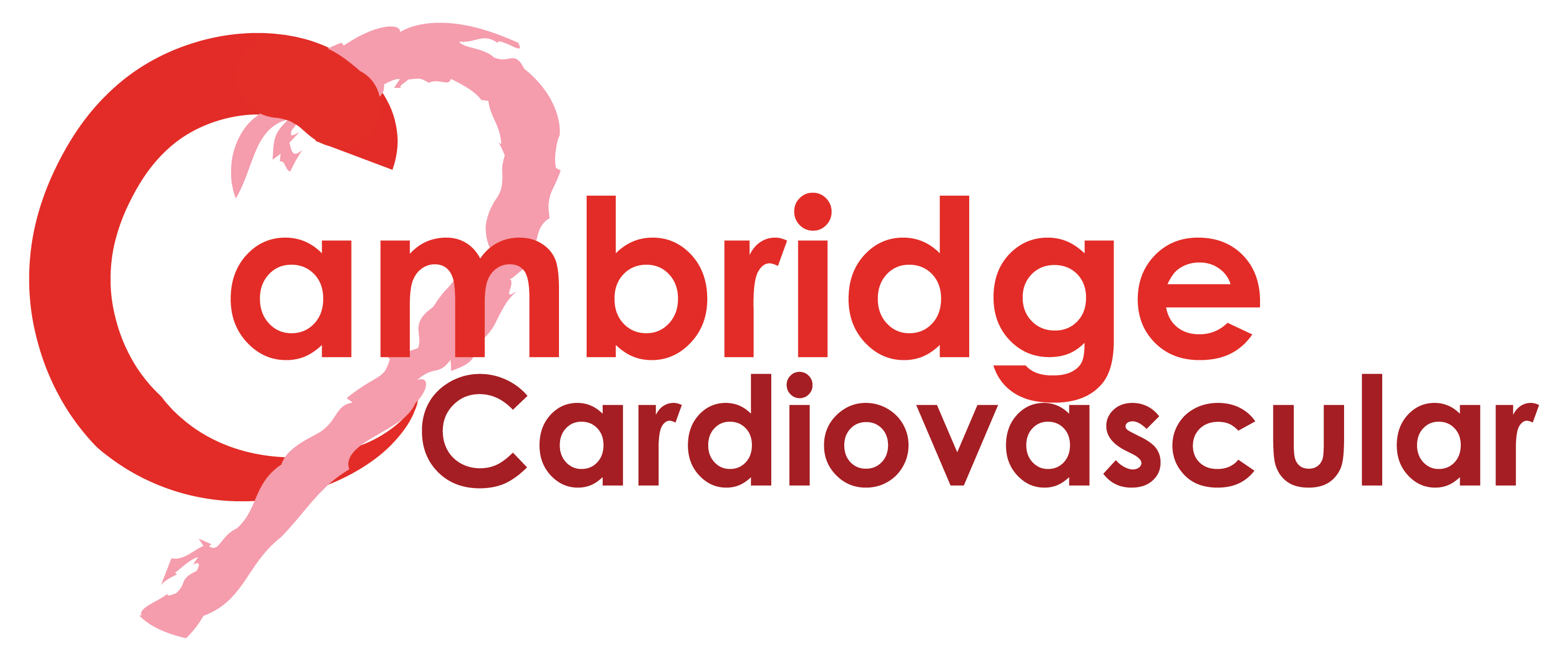Title: Young at heart: new strategies for accelerating regeneration
Speaker: Professor Nadia Rosenthal
Hosted by: Sarah Teichmann
Abstract: What lies behind the remarkable potential of the body to rebuild itself and why aren’t humans better at it? The limited restorative capacity of some tissues has been attributed to persistent inflammation with increasing age. Our approach has been to tinker with immune mechanisms at work in the mammalian response to damage, disease and infection, compared to other highly regenerative animals. Using combinations of genetic manipulation and pharmacological blockades, we have shown how modifying the profile of immune cell infiltration can facilitate or prevent regeneration of heart and other tissues in mouse and axolotl, an efficiently regenerating member of the urodele amphibian family, dependent on distinct differences in immune composition and response between species. Analysis of tissue regeneration amongst diverse mouse populations has also uncovered surprising variation that mimics the broad spectrum of sterile and infectious immune response and reparative trajectories in human patients. The diverse regenerative capacity of adult mammalian organs is further reflected in their cell composition and transcriptomic profiles, highlighting the potential for more genetically precise, tissue-specific treatments. These studies support the feasibility of intervening with our own incomplete response to injury, infection or disease as we age, reducing the impediments to effective regeneration and providing new targets for clinical intervention.




